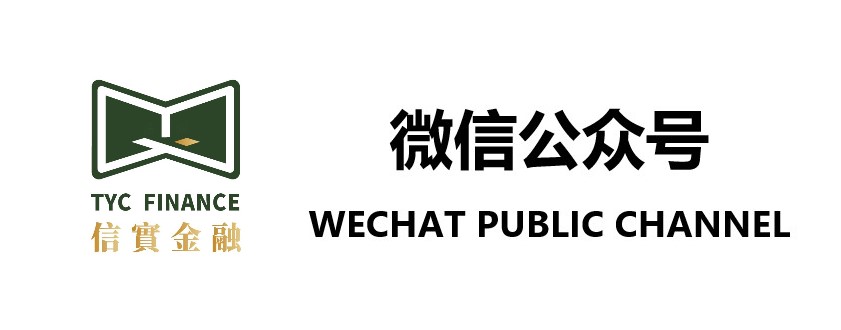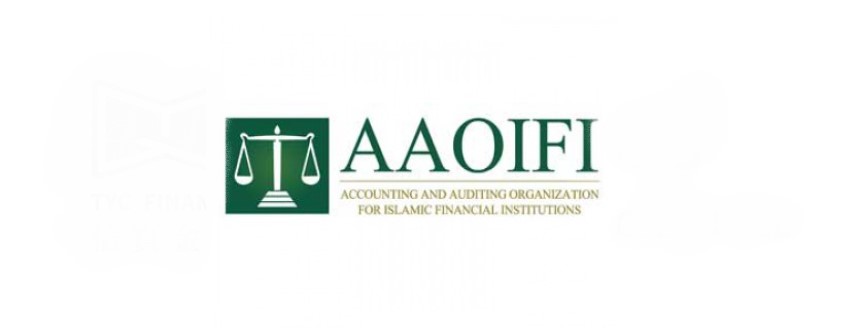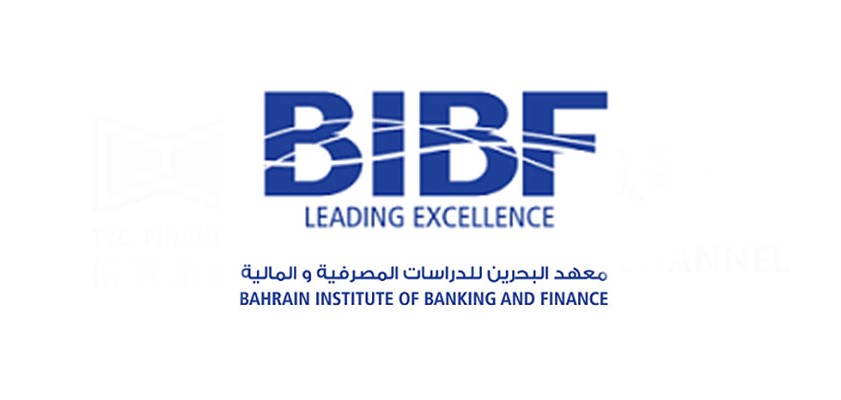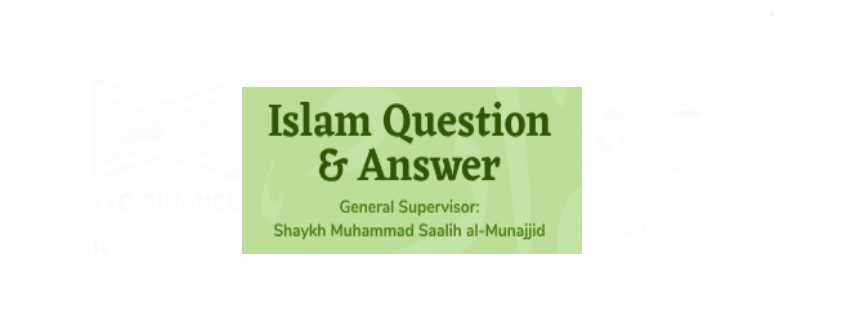

Market Updates and Information Exchange

In 2021, China's political relations and strategic cooperation with The Middle East countries have defied the trend and maintained frequent exchanges through high-level interactions, video conferences and other forms, despite the complex situation and severe challenges posed by century-old changes and epidemics. The bilateral relations have yielded fruitful results in ceasing traditional friendship, deepening practical cooperation and building cooperation mechanisms, and have been upgraded to the best stage in history. The status of the Middle East in China's diplomacy has risen significantly, and the trend of "looking east" of Middle East countries has become more obvious. The two sides are increasingly willing to meet each other halfway and upgrade their strategic cooperation.
China's year of Middle East Diplomacy
The year 2021 is an extraordinary year for China's Middle East diplomacy. It can be called the "Year of China's Middle East diplomacy". This shows that the two sides have frequent high-level exchanges, China has stepped up efforts to promote peace and stability in the Middle East, and our cooperation has become more institutionalized. Anti-epidemic cooperation has become a vivid reflection of the building of a community with a shared future between China and Middle East countries.
1. Frequent high-level exchanges. The epidemic has not stopped the pace of exchanges between the two sides, and high-level exchanges and meetings have become more frequent than before. President Xi Jinping talked over the phone and exchanged letters with a number of leaders of Middle East countries, guiding the development of bilateral relations. State Councilor and Foreign Minister Wang Yi has paid three visits to the Middle East, visiting 10 countries in succession, demonstrating the great importance China attaches to developing relations with Middle East countries and the significantly elevated status of the Middle East in China's diplomacy. In March 2021, Foreign Minister Wang Yi visited six Middle East countries in seven days, setting a record for the most visits by a Chinese foreign minister to a single Middle East country. In July, Foreign Minister Wang Yi visited Syria, the first visit by a Chinese foreign minister to the country since the outbreak of the Syrian civil war. In October, Foreign Minister Wang Yi visited Qatar and held talks with the Delegation of the Afghan Taliban and the Qatari side on the Afghan issue.
2. China has put forward a number of initiatives to maintain stability and promote peace in the Middle East. The Situation in the Middle East has been volatile for a long time, with frequent wars and conflicts, posing long-term threats to regional and international security. Yet the Middle East is also one of the world's least effective security institutions. As a Chinese saying goes, an unstable Middle East will bring no peace to the world. Building a security order in the Middle East is an important and urgent agenda for international security governance and requires the joint efforts of countries in the region and the international community. In recent years, China has paid close attention to security issues in the Middle East, stepped up efforts to promote peace talks, and promoted the establishment of a Gulf security mechanism to facilitate the settlement of regional security issues such as the Palestinian-Israeli conflict and the Iranian nuclear issue. China has fully demonstrated its sense of responsibility as a major country. In September 2020, Foreign Minister Wang Yi made a three-point proposal to build a gulf security mechanism at the UN Security Council's Ministerial video conference on the situation in the Gulf region. In March 2021, Foreign Minister Wang Yi put forward the Five-point Proposal for Security and Stability in the Middle East in Riyadh, Saudi Arabia. During his visits to Syria and Egypt in July, Foreign Minister Wang Yi put forward a four-point proposal on political settlement of the Syrian issue and a three-point approach on implementing the Two-state solution between Palestine and Israel. In May, when the Palestinian-Israeli conflict broke out, China, as the rotating president of the Security Council, promoted the Security Council to review the Palestinian issue five times and issued the presidential press statement, thus playing a constructive role in promoting peace and stability in the Middle East.
3. COVID-19 cooperation promotes building of a community with a shared future. In the face of the pandemic, China has set a good example of global solidarity in the fight against the virus by joining hands with Middle Eastern countries. Fulfilling its solemn commitment to regard vaccines as global public goods, China has provided and exported 440 million doses of vaccines to Middle East countries, providing material support for their anti-epidemic efforts and making an important contribution to the accessibility and affordability of vaccines in developing countries. Middle Eastern countries fully trust and affirm China's vaccines and are the first to cooperate with China in vaccine production. China's vaccine production line projects have been put into operation in the UNITED Arab Emirates, Egypt and Algeria, helping regional countries fight the epidemic. The UAE has become the largest storage and logistics center for COVID-19 vaccines in the Middle East, with half of the vaccines coming from China. The solidarity between China and Arab countries in fighting the epidemic has become an important practice in building a community with a shared future.
The institutionalization of cooperation has been greatly enhanced
The year 2021 is an important year for institutionalizing China's relations with Middle East countries. On the basis of maintaining the china-Arab States Cooperation Forum and other existing cooperation mechanisms, the two sides have successfully established several new cooperation mechanisms, which have greatly elevated the level of bilateral cooperation.
1. The China-Arab States Cooperation Forum remains vibrant. The China-Arab States Cooperation Forum is an important platform for collective dialogue and multilateral cooperation between China and Arab states, and the only multilateral institutionalized platform between China and Middle East countries. In 2021, a series of meetings will be held online as scheduled under the forum framework. Nine activities were successfully held, including the 17th Senior Officials' Meeting and the sixth Strategic Political Dialogue at the senior Officials level, the ninth Seminar on China-Arab Relations and Dialogue of Chinese and Arab Civilizations, and the video conference for Experts on Reform and Development. The Platform of the China-Arab States Cooperation Forum is constantly showing vigor and vitality, which is a symbol of the institutionalized level of China-Arab relations. At present, China and Arab States are actively preparing for the first China-Arab States Summit to be held in 2022, which will further enhance the level of institutionalization of China-Arab cooperation and bring our strategic cooperation to a new height.
2. China and Arab countries jointly launched a data security initiative. Data security is a new challenge to global governance. China and Arab countries have taken the lead in proposing solutions and set a good example for global digital governance. In March 2021, the Chinese foreign ministry with the secretariat of the league of Arab states, jointly announced the china-arab data security cooperation initiative, called on countries to adhere to the principle of paying equal attention to development and security, balance processing technology progress, economic development and protection of the relationship between national security and public interests, to maintain open, fair and non-discriminatory business environment, Jointly build a community of shared future in cyberspace that is peaceful, secure, open, cooperative and orderly. The initiative is a useful attempt to establish rules and regulations for global digital governance and sets a good example for developing countries to participate in global digital governance and cyberspace governance.
3. China and Iran signed a 25-year long-term cooperation agreement. On March 27, 2021, During state Councilor and Foreign Minister Wang Yi's visit to Iran, China and Iran signed a 25-year comprehensive cooperation Agreement. During President Xi Jinping's visit to Iran in January 2016, China and Iran issued a joint statement on establishing comprehensive strategic partnership and agreed to reach a comprehensive cooperation plan. Over the past five years, the joint efforts of China and Iran contributed to the final signing of the agreement. The agreement is the first time that China has signed a long-term cooperation agreement with a Middle Eastern country, marking a significant improvement in the level and institutionalization of China's cooperation with Iran and other Middle Eastern countries. The agreement is based on the strong desire of both sides to strengthen cooperation and the complementarity of the two sides in energy, infrastructure and many other fields. It will upgrade bilateral cooperation and encourage other Middle East countries to upgrade their cooperation with China.
4. China appointed its first representative to the ORGANIZATION. On June 13, 2021, Chinese Ambassador to Saudi Arabia Chen Weiqing handed over his letter of appointment to THE SECRETARY-GENERAL of the Organization of Islamic Cooperation (OIC) Sheikh Othaimin. This is the first time for China to appoint a representative to the ORGANIZATION of Islamic Cooperation (OIC), marking a new historical starting point in China's relations with the Islamic world. The ORGANIZATION of Islamic Cooperation is the world's second largest intergovernmental organization after the United Nations, with 57 member states covering more than 1.4 billion people in the Middle East, Central Asia, West Africa, North Africa and South Asia. Over the past few years, mutual support and sincere cooperation in deradicalization and anti-epidemic efforts have deepened the traditional friendship and political mutual trust between China and the ORGANIZATION and its member states, laying a solid foundation for institutionalizing bilateral relations. China's appointment of a representative to the ORGANIZATION is a milestone event in the history of bilateral relations. It provides a new platform for collective dialogue and exchanges between the two sides and marks the upgrading of bilateral cooperation to a new high in history. At a new historical starting point, the level and institutionalization of Cooperation between China and the ORGANIZATION will continue to rise, and it will also lead Islamic countries to develop relations with China at the bilateral level.
"Looking East" has become a strategic choice for Middle Eastern countries
Closer relations and deepening practical cooperation between China and Middle East countries are not the result of China's unilateral development of relations with Middle East countries, but the result of the two sides' efforts to meet each other halfway. Middle Eastern countries have reaped development dividends from their cooperation with China through joining the Belt and Road Initiative and other cooperation initiatives. This shows that middle Eastern countries highly appreciate China's experience, wisdom and solutions. In 2021, for the first time, the Foreign Ministers' meeting of the League of Arab States included in its resolution a specific content on cooperation with China, expressing appreciation for China's important and positive efforts to achieve peace and stability in the Middle East. On the occasion of the centenary of the founding of the Communist Party of China, leaders of Middle Eastern countries have sent congratulatory letters. Egyptian President Abdel Fattah al-Sisi even recorded a video message.
There is a deep logic behind the collective "look East" of The Middle East countries. It reflects that the Middle East countries are adjusting their external strategies in line with their own development needs and achieving the multiple goals of diversifying partners, economies and markets through "look East", "turn east" and even "turn east".
1. Economic complementarity is an important basis for bilateral cooperation. China's huge energy needs and economic complementarities with middle Eastern countries lay the foundation for our partnership. China imports nearly 5 million barrels of oil a day from the Middle East, of which Arab countries account for 40 percent.
In 2020, the trade volume between China and The Gulf Arab states exceeded 160 billion US dollars, and that between China and Saudi Arabia reached 67 billion US dollars. China has been Saudi Arabia's largest trading partner for 10 consecutive years, and Saudi Arabia is Also China's largest trading partner in the Middle East. Saudi oil is vital to China's energy security. At the same time, amid fierce competition and oversupply in the global oil market, Saudi Arabia also needs China as a "big buyer" of oil. In March 2021, Emin Nasser, CEO of Saudi Aramco, said at the China Development Forum that the company would make ensuring China's energy security its top priority over the next 50 years and beyond.
2. China has helped Middle East countries transform their economies. Getting rid of dependence on oil and promoting economic diversification is another important goal for Middle Eastern countries to develop relations with China. The kingdom is diversifying its economy away from oil in line with its Vision 2030 plan. Saudi Arabia, the UNITED Arab Emirates, Oman and other Gulf Arab states are actively seeking to synergize their development plans with China's Belt and Road Initiative to attract Chinese investment and boost economic transformation. In addition to bilateral cooperation under the framework of development strategy alignment, China and Saudi Arabia have begun to explore cooperation in Pakistan and other third markets. Diversification of market, investment and export commodities is also an important goal for Arab countries to develop relations with China. Gulf Arab countries used to invest in developed countries in Europe and the United States and export single commodities. At present, Saudi Arabia, the UNITED Arab Emirates, Qatar and other countries have made unprecedented investments in Pakistan, India, Kenya, Ethiopia and other Asian and African countries, and have carried out cooperation with China in science and technology, manufacturing, fisheries, nuclear energy and other emerging fields to explore new investment destinations and non-oil export markets. China has become a major source of investment for Arab countries.
3. Middle Eastern countries are fraying their alliances with the United States. The oil-producing states of the Middle East, based on their oil-for-security alliance with the US, have been the cornerstone of their foreign and security strategies. However, the alliance has been shaken to its foundations by America's energy independence, which does not require Middle East oil as much as it used to. The United States still imports a small amount of its oil from the Middle East only for blends, accounting for just 12 percent of its oil imports in 2020, or 70,000 b/d. China, India and other Asian countries have replaced Europe and the United States as the largest energy export market of the Gulf states, with 70 percent of their crude oil exports going to Asian countries.
The United States has stepped up the pace of strategic contraction in the Middle East, which makes the Middle East feel that it has lost the important object of security. Events such as the Arab Spring, the attack on Saudi Aramco oil fields, and the changes in Afghanistan have created serious distrust in the US alliance and doubts about the security protection it provides. The Biden administration's "values diplomacy" has put pressure on countries in the Middle East, which are under pressure from the US over human rights and other issues. Iraq was the only Arab country invited to the "democracy Summit" held by the US. As a result, Middle Eastern countries are hedging their bets between major powers to hedge their dependence on the US alone, a strategic and diplomatic interpretation of their "look east".
4. Middle Eastern countries refuse to take sides between China and the US. Taking the Middle East as a new field to contain China, the United States has become increasingly open in its efforts to squeeze out and contain China in the Middle East. The United States continues to put pressure on Countries in the Middle East, forcing them to take sides between China and the United States, lowering the level of strategic cooperation with China, trying to form an anti-China alliance in the Middle East, and closely preventing China from filling the strategic gap left by it. After President Biden came to power, the United States accelerated its strategic contraction from the Middle East. It is not willing to continue to invest resources in the Middle East, but also wants to maintain its influence in the Region. In recent years, cooperation between China and Middle Eastern countries under the Framework of the Belt and Road Initiative has yielded fruitful results in energy, science and technology, medical care and other fields, which has made the US jealous. The Middle East countries are well aware that relying on the US for security and China for economy will be an inevitable reality for a long time to come. They regard economic, trade and scientific cooperation with China as their future destiny and cannot choose between China and the US. Middle Eastern countries have resisted US pressure and supported China's position on taiwan-related, Hong Kong-related and Xinjiang-related issues.
The rapid development of China's relations with Middle East countries is based on mutual respect and mutual benefit. Promoting peace through development is the guiding principle of China's Middle East diplomacy, and promoting peace talks is its basic method. China has no intention of following the path taken by other powers in the Middle East. Interpreting China's intensive Middle East diplomacy in 2021 as "filling a gap" is a misreading of China's view of the Middle East. China attaches great importance to the development of the Middle East countries concerned, to "One Belt And One Road" development strategy and docking with the Middle East countries, to enhance the level of economic development in the Middle East, improve the well-being of the people's livelihood, on the economic benefits are equally important position with China, rather like the west, the Middle East as a global as fulcrum, the Middle East as a geopolitical chess pieces.
In 2021, China and Middle East countries will continue their traditional friendship, deepen practical cooperation and enhance the institutional level of bilateral relations. China and Middle East countries will work together to fight COVID-19 and deal with external interference, laying a good foundation for the first China-Arab States Summit in 2022. Bilateral relations will achieve new and greater progress from this new starting point.


All the information provided on this website is for reference only and is not stock and securities investment advice. TYC Finance Limited does not assume any legal liability.
TYC FINANCE Copyright All Rights Reserved








